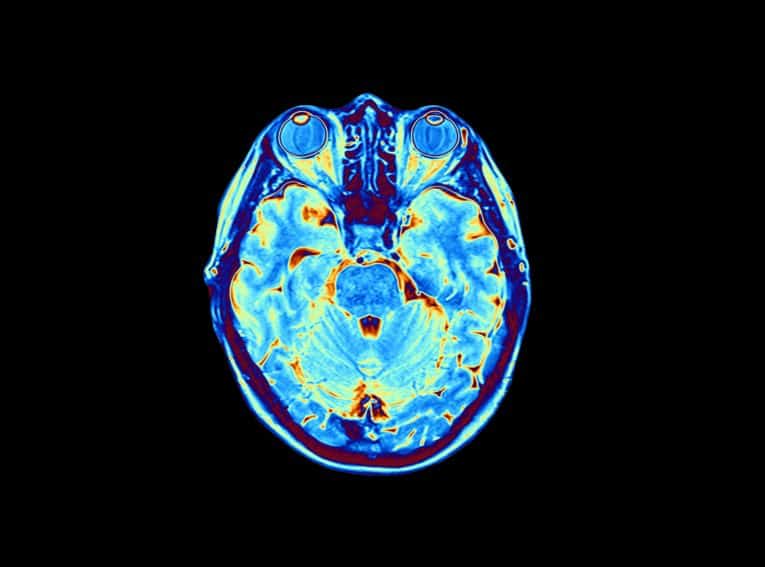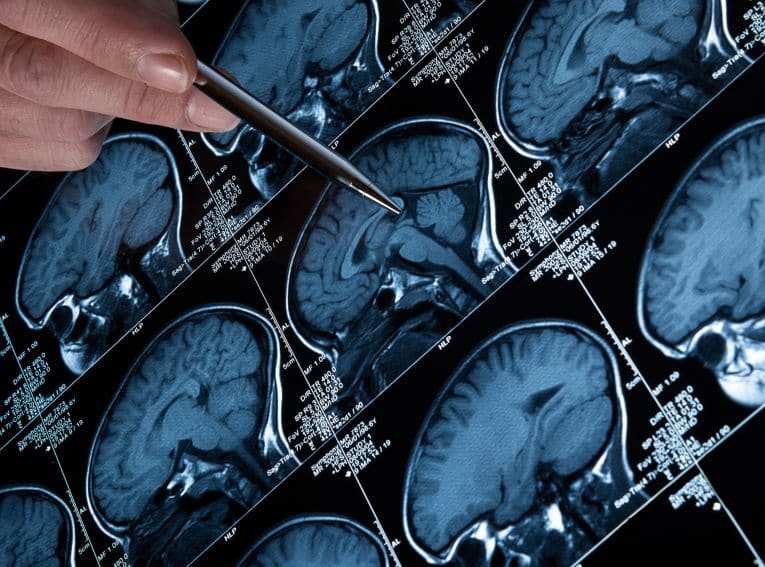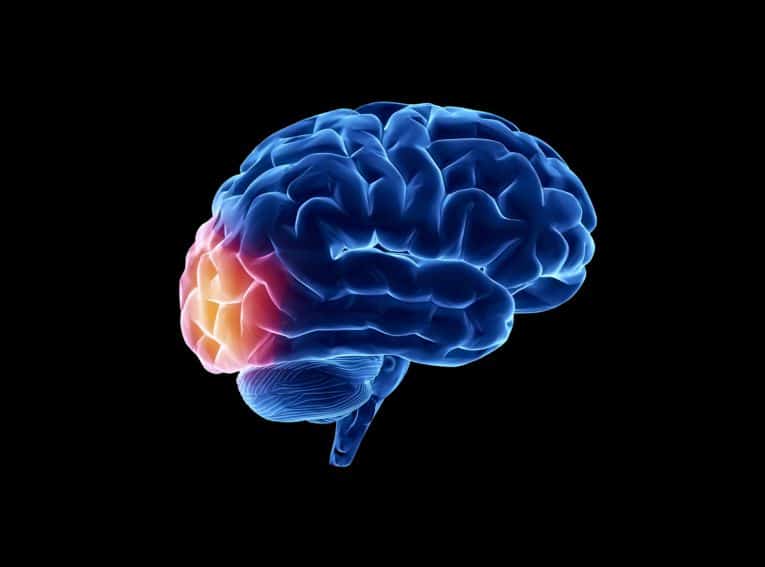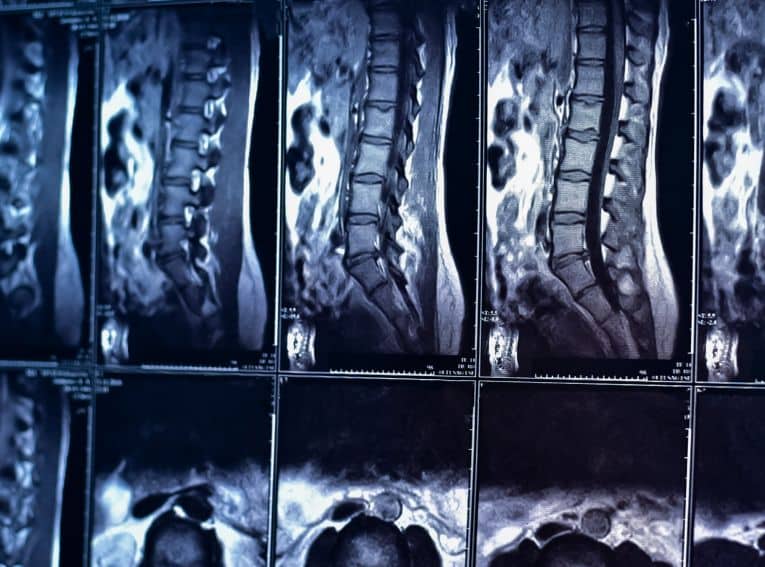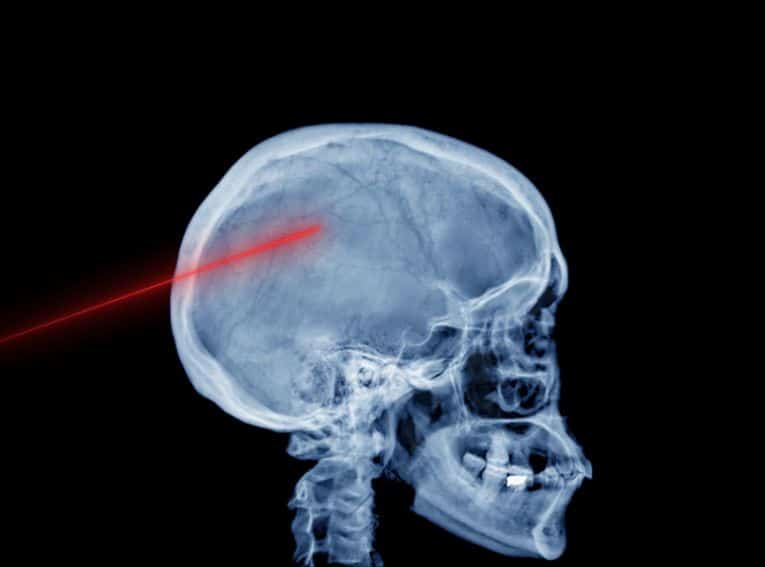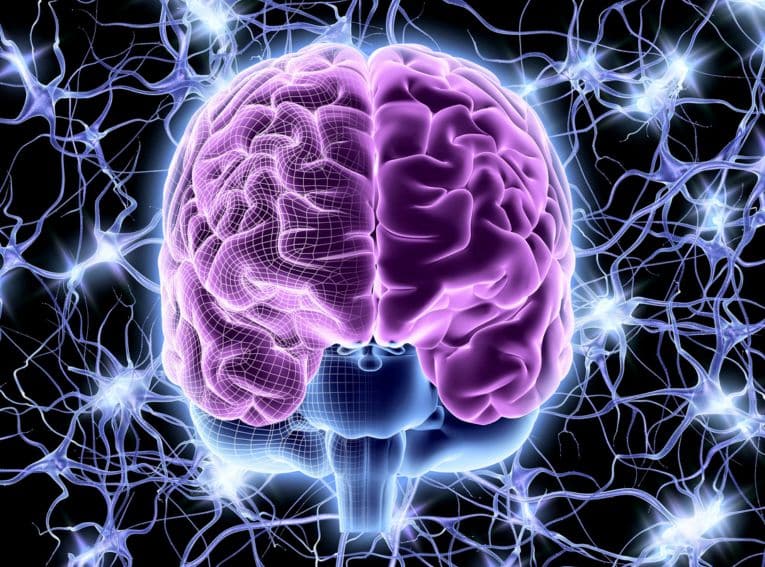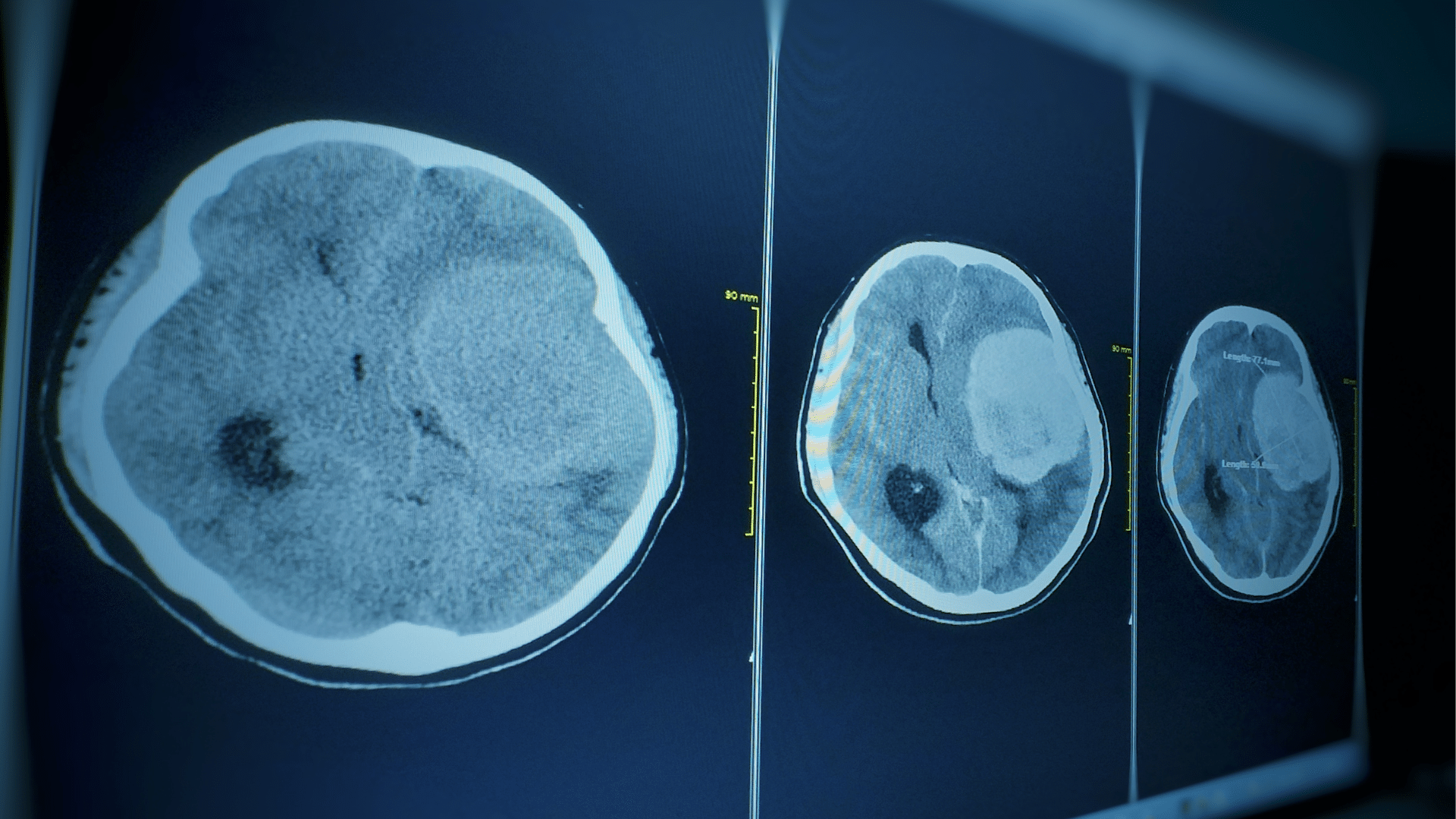
Meningioma
A meningioma is a type of tumor that develops in the meninges, which are the membranes that provide a covering for the brain and spinal cord. Meningiomas are typically benign, with only a small percentage being malignant. If left untreated, a meningioma can compress the brain, leading to concentration and memory problems, behavioral changes and seizures.
Meningiomas are most common in older women, but can occur in either gender and at any age. What causes meningiomas is unknown, but exposure to considerable amounts of radiation is a risk factor in their development, as is having neurofibromatosis type 2, an inherited nervous system disorder that increases the risk not only of meningiomas, but of other brain tumors.
Symptoms of Meningioma
The majority of meningiomas grow very slowly, so their symptoms develop gradually. Symptoms of meningiomas include the following:
- Headaches
- Blurry vision
- Seizures
- Hearing loss
- Memory difficulties
- Nausea or vomiting
- Weakness in arms or legs
In some cases, meningiomas produce no symptoms, and require no treatment other than monitoring.
Diagnosis of Meningioma
If a meningioma is suspected, a series of tests are performed to confirm the diagnosis. After taking a patient’s medical history, and performing a physical examination, a physician may recommend that a CT or MRI scan, which will produce images of the brain, be performed. In some cases, a dye may be administered to provide greater contrast between the areas within the skull.
Treatment of Meningioma
If a meningioma is suspected, a series of tests are performed to confirm the diagnosis. After taking a patient’s medical history, and performing a physical examination, a physician may recommend that a CT or MRI scan, which will produce images of the brain, be performed. In some cases, a dye may be administered to provide greater contrast between the areas within the skull.
The majority of meningiomas require surgical removal or radiotherapy. Surgery is usually the most effective treatment for meningiomas that are growing aggressively or causing symptoms.
Craniotomy
A craniotomy is a surgical procedure that involves opening up the skull in order to remove the tumor. Depending on its location, complete removal may be difficult. Post-surgery imaging tests are required even if the meningioma is removed. If the tumor has been only partially removed, additional treatment, such as radiation therapy, may be required to destroy any remaining tissue. A craniotomy is a complex procedure that has risks and complications. It may damage normal brain tissue, which can cause problems with thinking, seeing or speaking.
Radiosurgery
Radiosurgery is a type of radiation treatment that aims several beams of powerful radiation at the meningioma. No incisions are made or scalpels used. Radiosurgery is often used for meningiomas that cannot be removed surgically, or for ones that recur despite treatment.
A craniotomy is performed under general anesthesia in a hospital setting. In many cases, patients remain awake during surgery, and are asked to move their legs, repeat the alphabet or tell stories to ensure that brain functioning remains intact during the procedure. Radiosurgery is typically performed as an outpatient procedure.
Welcome to the office of neurosurgeon Dr. Vikas Rao, where your health comes first. Below are some of the neurosurgical treatments that we offer in Mission Viejo, CA:
Contact us today
Your concerns are important to us, and we want to make sure all of your questions are answered so you understand your options. Please contact our office with any questions, and our team will be happy to assist you.
Give us a call
We're open to serve
Our doctor and staff are devoted to our patients. Please fill out the form below with any questions or to schedule an appointment and our team will get back to you within 24 to 48 hours.
